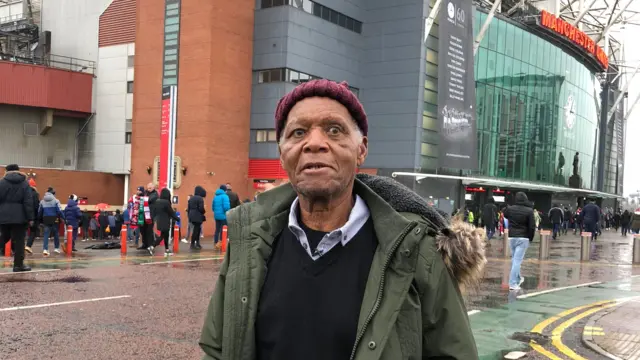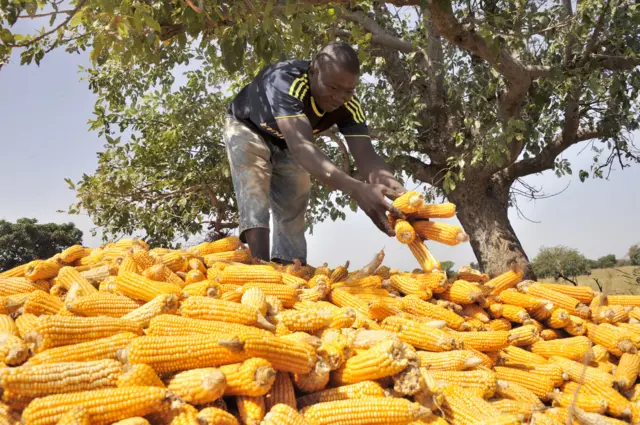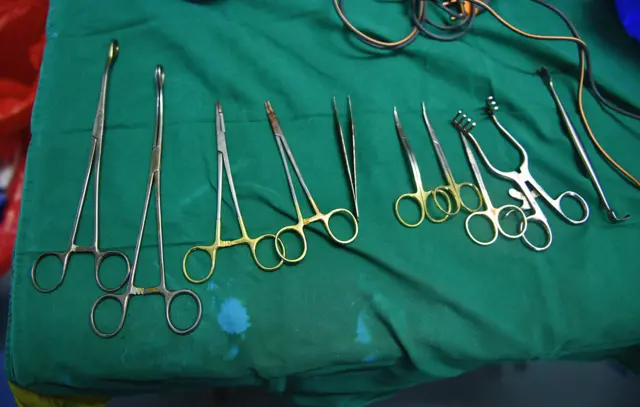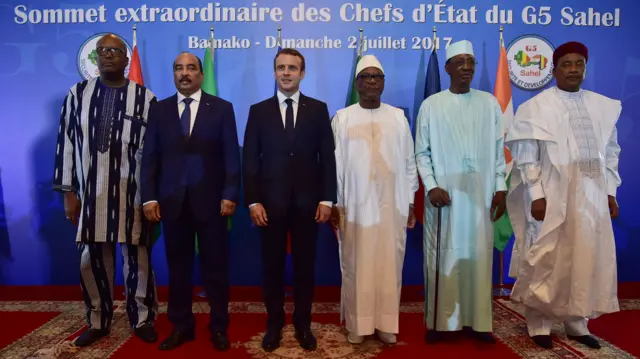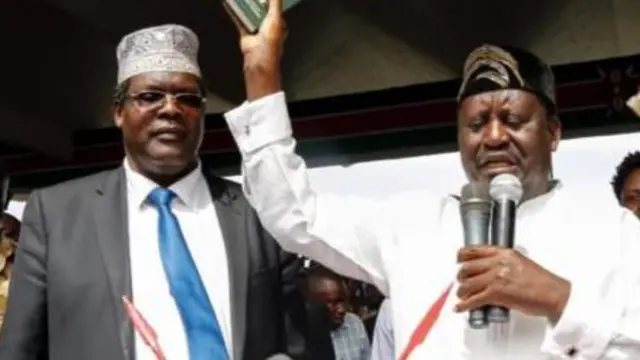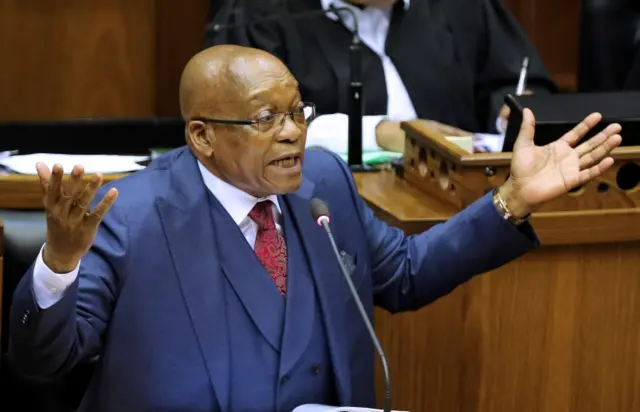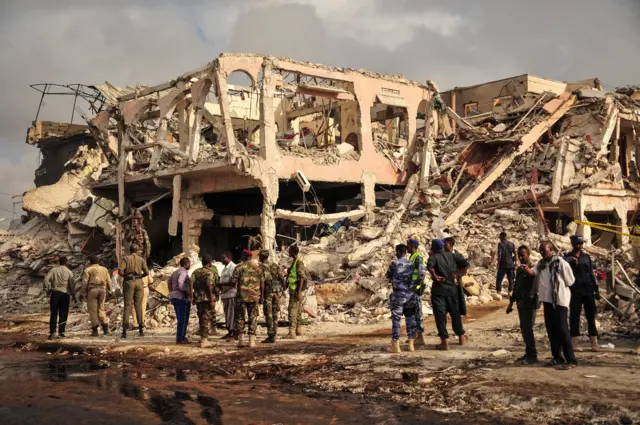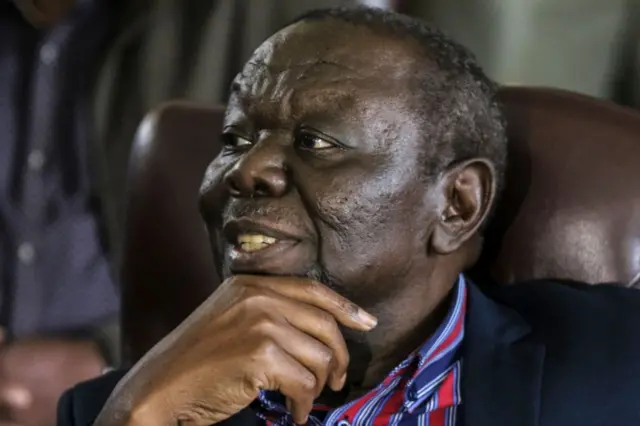12 patients stabbed in DR Congo by unknown attackerspublished at 12:24 GMT 6 February 2018
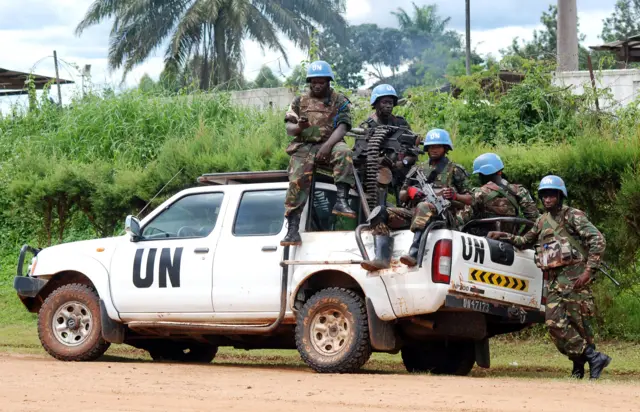 Image source, Getty Images
Image source, Getty ImagesUN Peacekeeping troops have been trying to suppress Islamist groups in the country
Twelve patients were stabbed in their beds at a hospital in Goma, eastern DR Congo, government officials told news agency AFP on Tuesday.
The attack, which happened overnight on Sunday, occurred in two health centres in the Mbosho district, and left three people seriously hurt.
Government officials have warned the attackers might have been Islamist rebels from neighbouring Uganda.
"It is the first time we have seen patients being stabbed in health facilities in Goma," said Etienne Kambale, civil society rapporteur in North Kivu province. "We are wondering if it was the [Islamist Allied Democratic Forces] who have turned up in Goma, because this is the way they killed people in Beni."
The Islamist Allied Democratic Forces (ADF) have been accused of killing more than 700 civilians in Beni, northeastern DR Congo as they try to control the east of the country.
The group is also blamed for the deaths of 14 UN peacekeeping troops last month.

